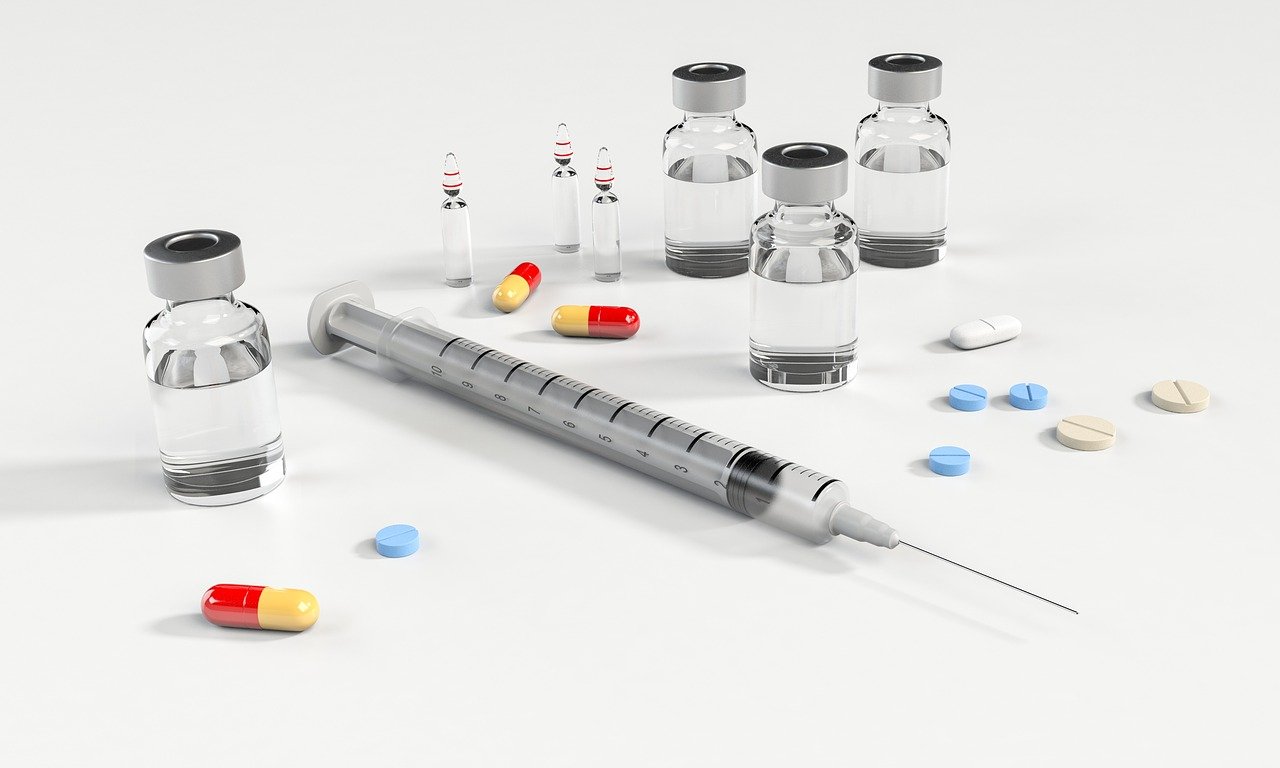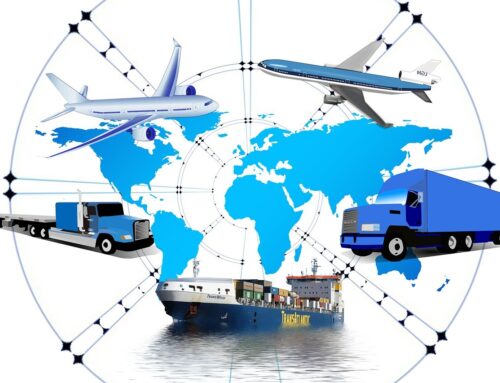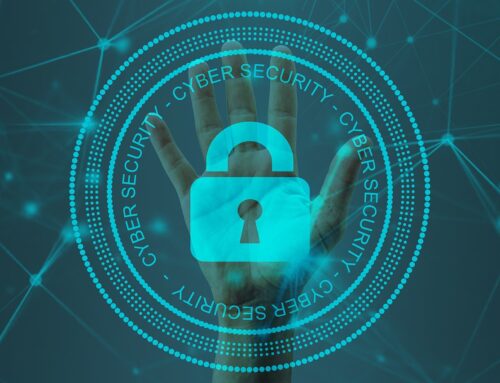One of the biggest buzzwords being thrown around the field of medical technology is “blockchain.” As discussed earlier, a blockchain is a distributed system that generates and stores data records. It maintains a digital ledger of connected “blocks” of information that represent how data is shared, changed or accessed on its peer-to-peer network.
Blockchain technology can be used in several key data-driven healthcare areas, including health care records, health claims, interoperability, patient access, and supply chains.
1.Health care records
When it comes to patient data management, there are two main issues in the healthcare industry. First, each patient is unique therefore there is no such thing as a common disease or common treatment strategy. Hence, access to complete medical records is essential in order to adapt the treatment and provide personalized care. Healthcare is becoming more-and more patient-centered. Second, sharing information among the medical community is a major challenge. Medical records are kept in very different locations, and there is no common database. Medical data is sensitive and should always go through secured networks. Here, Blockchains allow collection of health records of a patient’s lifetime.
2.Mobile health apps and remote monitoring
Mobile health applications are becoming more important nowadays, with advancing technology. In this context, electronic medical records (EMRs) were found to be kept secure in a blockchain network, and the data can be sent to medical personnel rapidly, as well as being available for self-monitoring and home care as well.
3.Health Claims
Another area for seamless integration is the area of health claims and insurance. Such claims, linked to a blockchain, can be easily and quickly processed, saving time and cost. Interoperability standards and application programming interfaces can provide an almost real-time claim settlement since patients’ bank and health savings accounts would be linked through the blockchain.
4.Faster, cheaper, better patient care
Blockchain can create a single system for stored, constantly updated, heath records for secure and rapid retrieval by authorized users. By avoiding miscommunication between different healthcare professionals involved in caring for the same patient, innumerable mistakes can be prevented, faster diagnosis and interventions become possible, and care can be personalized to each patient.
5.Improves Safety
Blockchain increases overall safety in the health treatment of patients, addresses medication validity and drug traceability problems, and allows for safe interoperability. It is the only way to replace the existing supply chain management scheme and prevent counterfeit drug manufacturers from bringing their drugs into the market with better safety. Regardless of the medical centers and organizations. Blockchains would allow all data to be stored centralized location. The interoperability of Blockchain technology will enable doctors to conveniently view the detailed medical records to help diagnose their diagnosis and develop a better and more precise operation.
Simply put, blockchain truly holds the potential to revolutionize healthcare. Being open and highly secure, blockchain can be applied to the medical industry in a variety of ways, leading to immensely reduced costs and new ways for patients to access healthcare. Combined with the compounding nature of data and innovation, future proofing technologies can be further applied to foster an era of growth and innovation.







Leave A Comment